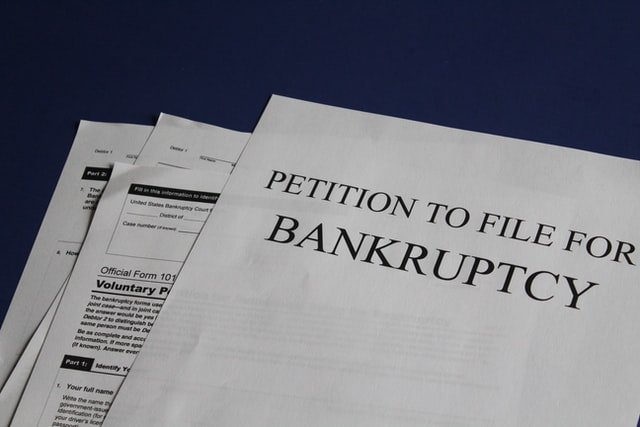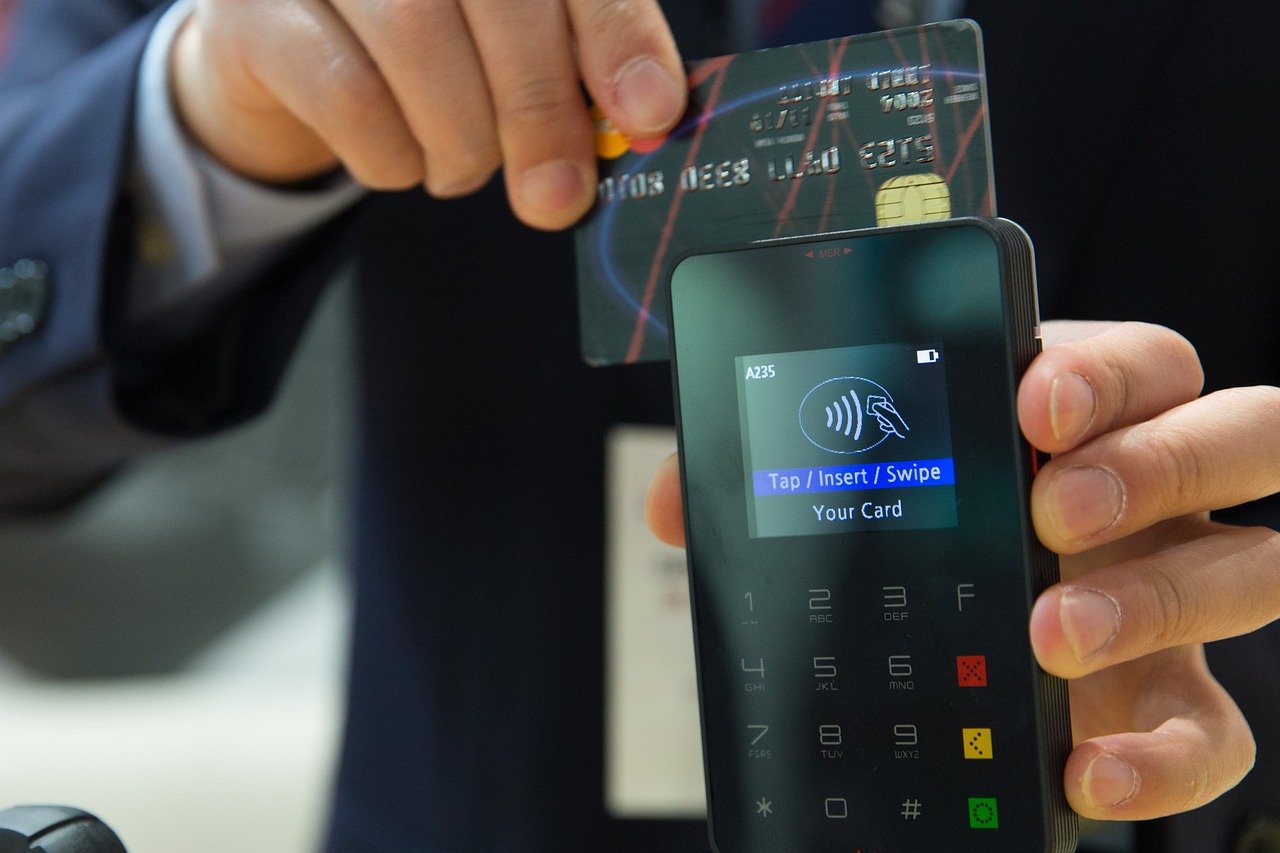Is Wise safe for business? (Formerly Transferwise)

If you’ve been living outside your home country at any point in the last couple of years, you must know about Wise.
(Quick note: Tranferwise changed its name to Wise in March 2021.)
It’s been a big game-changer for most people in dealing with banks.
Personally, it has saved me thousands upon thousands of dollars.
I was paying between 30 and 50 bucks for every transfer.
Wise changed all that for me, around 2014, and I got these fees down to around 4 or 5 bucks max.
Talk about a clear value proposition…
Now Wise is expanding out.
For at least a couple of years, they’ve had much more available to you than just transfers.
You can get a debit card, hold balances in different currencies and even get local bank account details.
And, like with transfers, these new options and functions really change the name of the game.
Now you could basically use Wise for all your international business needs.
But… should you?
That’s the question we’ll tackle today.
Quick Overview
Transferwise/Wise introduced
TransferWise originally described itself as a money transfer service.
Its big deal was that it disrupted banks in transferring and converting currencies
The Wise story
The company is the brainchild of two Estonian entrepreneurs, Taavet and Kristo.
These guys were working in London and sending money back home, to Estonia.

They had the issue most of us have had in the past where the remittance was a costly hassle.
Basically, the big banks were having a good time – and I remember this.
You’d transfer and it would be slow, take ages and wouldn’t be super transparent.
In other words, you’d make your transfer and your money would disappear.
It would be a real white knuckle ride until it arrived on the other side.
These guys saw this and basically agreed to trade with another.
You know: “Don’t transfer your GBP to EUR, just send me your EUR locally and I’ll give you the fair market rate worth of GBP here.”
Get it?
No money leaves any country.
Once they did this, they thought- why couldn’t be done on a larger scale?
And so we got Wise…
Claiming now more than 10 million customers, they evidently hit on something.
(Much to the chagrin of banks, I can only assume)
Key benefits

What I like about Wise is that it does what it says on the tin.
Money transfers are:
- cheap
- fast
- simple
- trouble-free
There’s also a real spirit of innovation at Wise.
I like this as well.
For all the benefits above, I feel like Wise has been getting better over the years.
It’s still pretty cheap.
(Sometimes it even lowers its fees and lets you know.)
For my two cents, it has become faster over time.
And with so many transactions with them over the past five years, I feel like I could put a lot of trust in the service.
Is Wise safe?
This is a question that comes up quite a lot.
And it’s perhaps more relevant now than earlier on.
I mean, originally – most folks would use Wise just to transfer.
In order words, the money would start in one bank account go to Wise, and then land in other bank account.
The money wasn’t sitting with Wise for any space of time.
Sure, Wise could go bust or have some interruption – but the window for serious pain was limited because your money was only with Wise for a short period of time.
And, generally speaking, you’re only exposed to the amount of your transfer.
So, for me – I’d only be transferring 5k or 10k in any one time.
And I was saving money, a lot of money, so I didn’t think twice about this to be honest.
Wise vs. your regular bank
This has changed now Wise basically offers you a bank account or, more accurately, a lot of bank accounts.
You can open new virtual bank accounts with Wise at the click of a mouse.
It’s easy to add a Canadian dollar account, or a New Zealand account or German EUR account with all the right local routing numbers and account details.
It’s a boon for business because you are local instantly.
I mean I quite literally opened a USD balance for the sake of it.
There’s New York address on my bank account.
Cool.
And great for business.
Basically no hassle.
You can open your new virtual account, put your new bank details on top of your invoice to the client, and – bham – you are away.
Magic stuff.
And another great value add from Wise.
But you do need to remember that Wise isn’t a bank and doesn’t have the same regulatory protections that apply when you work with a ‘traditional’ bank.
Wise says this doesn’t matter.
They say you don’t need these regulatory protections precisely because Wise isn’t a bank and isn’t taking the kind of risks that banks take.
Wise and deposit insurance?
The big point to note, in terms of how Wise is different to a bank, is on deposit insurance.
Most governments guarantee banks and bank accounts up to a certain limit.
In France, for example, the government guarantees bank account to the sum of EUR 100,000.
So if the bank gets wiped out, and you have 100k in your bank, then the government scheme will make you good.
You’ll get your money back.
Wise doesn’t have a deposit insurance scheme.
On one level, this makes sense- Wise isn’t a bank.
But on the other hand, if you are holding deposits with them, you can’t rely on any government system to back you up.
Nobody else is going to pay you.
What happens if Wise goes bust?
That doesn’t mean you are totally unprotected though.
Wise is required to keep your money separate from theirs – so if they do go bankrupt, you could make a claim against this separate pool of money.
There may be a bit of a process to do this but, technically, the amount of money in these Wise’s accounts should equal the amount of money its clients have.
So you would contact Wise’s administrator to make a claim and get your money paid back.
Where is this money? This is kept by Wise in a number of its partner banks.
They explain below:
Wise keeps your money in established financial institutions like JP Morgan Chase and Barclays. Where your money is depends on which country your Wise account address is in — if your account address in the UK, for example, we keep your money in Barclays, or other financial institutions in the EEA.
What happens if one of Wise’s partner banks goes bust?

I guess you could have a situation where:
- Wise is fine
- But one of its partner banks goes bust
In this situation, Wise says you may not get your money bank.
It seems that you would not benefit from any deposit insurance that these banks might have – because you would not be a direct client of any of these banks.
This is probably unlikely but, again, you would have less protection if you are with Wise and then Wise is affected by the insolvency of one of its banks.
I’d like to hope this sort of thing wouldn’t happen.
My thinking here is that most governments would do what they can to avoid a really big and established bank going under.
“Systemic risk”, “too big to fail” and all that.
When you might prefer a regular bank
Wise is excellent for transfers and its borderless account is really something.
Wise does hold financial licenses and is regulated.
Tick.
And tick.
But what do they say?
Plan for the worst and hope for the best.
I think it is a good motto.
And it applies here too.
If you intend to store large amounts of money in your business accounts, I would say:
- it is fine to run your transactions or transfers through Wise, but
- you should keep a traditional bank account for your larger amounts.
You don’t want to be holding large amounts of cash in Wise for a long time for no reason.
See also:
Bottom line: Is Wise safe?
I think Wise is very safe for day-to-day use.
In saying this, I mean making transfers, taking payments and holding some money you need with Wise for your transactions.
I wouldn’t use Wise to hold assets long term, or use a Wise account like a personal savings account.
If you are building up cash reserves, I would consider a traditional bank or investment account for this sort of thing.
I wouldn’t routinely hold 100k or 200k with Wise.
These amounts are better off with your local bank.
Title Photo Credit: Daniel Fazio
Last Updated: 2021-04-11 07:22